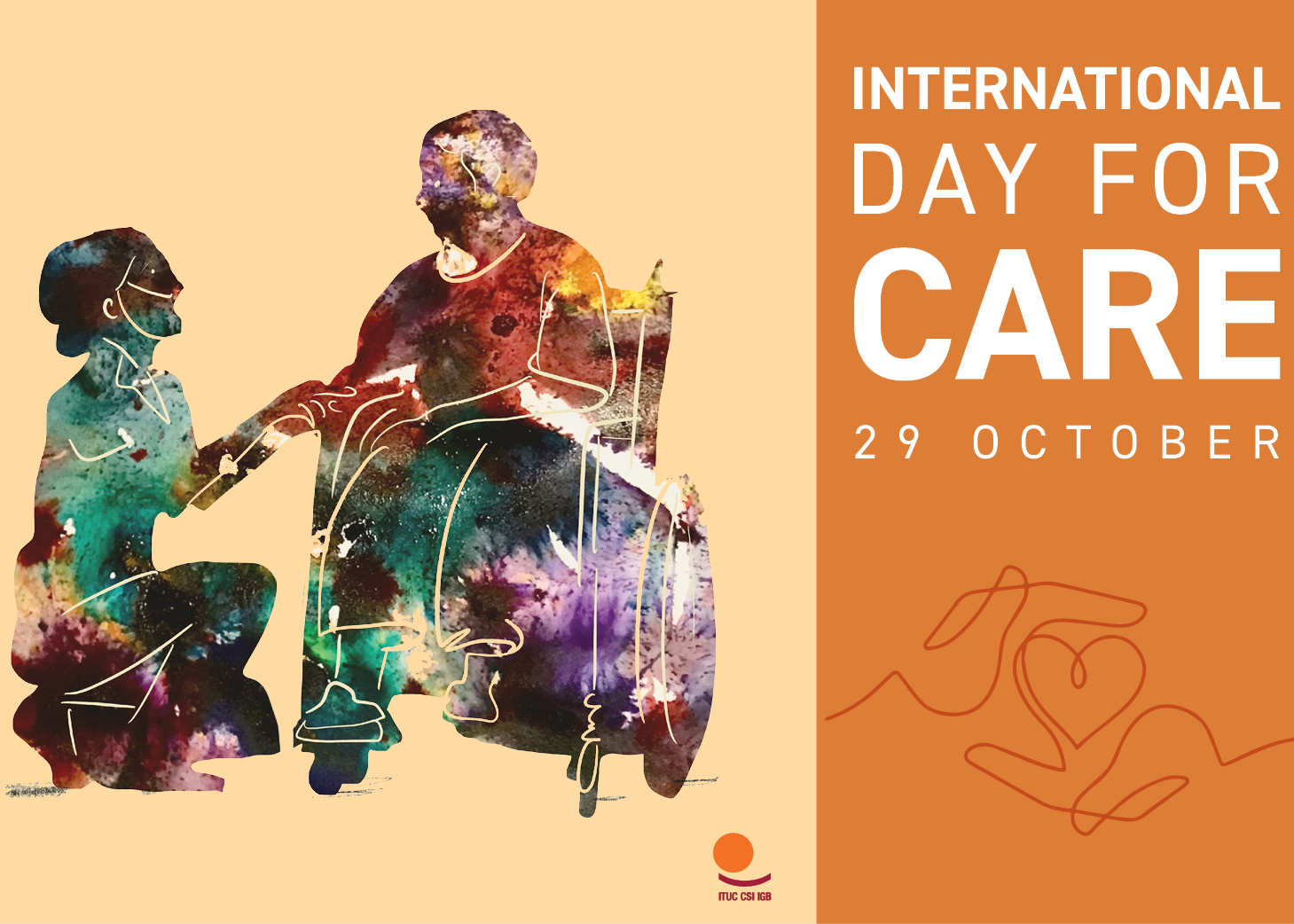Equality
Women have increasingly become part of the paid workforce and of trade unions, and there have been important achievements in organising, collective bargaining, and rights. Yet they remain overrepresented in precarious, low-skilled, low-paid jobs with little prospects for career advancement.
The ITUC and its affiliated organisations work together to advance women’s rights and gender equality. The ITUC actively promotes equality at the workplace and the full integration of women in trade unions including in their decision making bodies.



